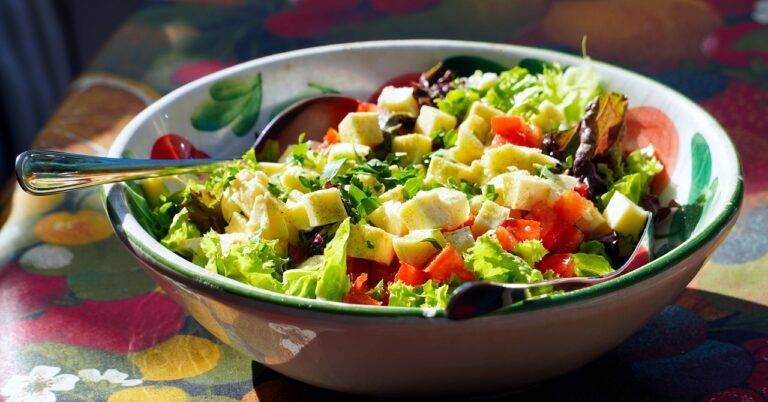Food Industry and Cultural Diplomacy through Gastronomy
Food has long played a crucial role in diplomatic relations between nations. Throughout history, sharing meals has been a way for leaders to build trust, facilitate negotiations, and showcase hospitality. The act of breaking bread together creates a sense of camaraderie and connection that goes beyond formal discussions and agreements.
In many cultures, offering food is a sign of respect and friendship. By partaking in traditional dishes and culinary customs of another country, diplomats demonstrate their willingness to embrace different traditions and forge a deeper understanding with their counterparts. Food brings people together in a way that transcends language barriers and political differences, making it a powerful tool in fostering diplomacy and building bridges between nations.
How Culinary Exchanges Can Foster International Relations
Culinary exchanges hold a unique power in fostering relationships between nations. Food has a way of transcending language barriers and cultural differences, allowing people to connect on a fundamental level. Sharing traditional dishes and recipes can create a sense of camaraderie and mutual understanding, showcasing the richness and diversity of various cultures.
Through culinary exchanges, countries can showcase their unique flavors and ingredients, sparking curiosity and interest in their culinary traditions. By embracing and celebrating the culinary heritage of different nations, people can build bridges that go beyond mere diplomatic relations. Culinary diplomacy can serve as a powerful tool in promoting peace and unity, reminding us that despite our differences, we all share a common need for nourishment and connection.
The Role of Restaurants in Promoting Cultural Understanding
Restaurants play a crucial role in promoting cultural understanding by serving as platforms for people from different backgrounds to come together and share a meal. The diverse range of cuisines offered at restaurants allows individuals to broaden their culinary experiences and gain insight into various cultures. Through trying new dishes and flavors, patrons can appreciate the traditions and customs that shape a particular cuisine, fostering respect and appreciation for different cultures.
Furthermore, restaurants often provide a setting for cultural exchange and interaction between customers and restaurant staff. By engaging in conversations with servers or chefs, diners have the opportunity to learn about the history behind certain dishes, cooking techniques, and the significance of specific ingredients. These interactions not only enhance the dining experience but also contribute to building connections and breaking down cultural barriers, ultimately fostering a more inclusive and harmonious society.
How have restaurants historically played a role in promoting cultural understanding?
Restaurants have served as places where people from different cultural backgrounds can come together to share and appreciate each other’s cuisine, leading to greater understanding and appreciation of diverse cultures.
Can culinary exchanges really foster international relations?
Yes, culinary exchanges can foster international relations by providing a platform for cultural exchange and dialogue, creating opportunities for people from different countries to connect and learn from each other.
What specific role do restaurants play in promoting cultural understanding?
Restaurants act as hubs for cultural exchange, where people can experience and appreciate different cuisines, traditions, and customs, leading to increased understanding and respect for diverse cultures.
How can individuals support the promotion of cultural understanding through restaurants?
Individuals can support the promotion of cultural understanding by patronizing restaurants that offer diverse cuisines, participating in culinary events and festivals, and engaging in conversations with people from different cultural backgrounds.







